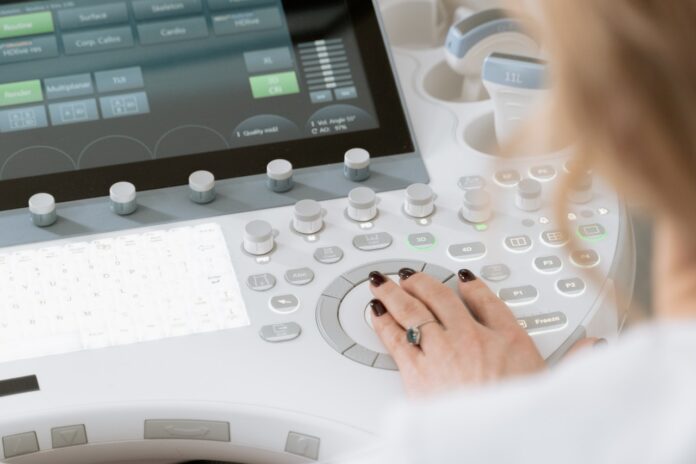The pharmaceutical sector now relies heavily on enterprise resource planning (ERP) technologies to run their businesses smoothly and profitably. Determining which enterprise resource planning solution is ideal for a pharmaceutical business might take time and effort. Finding the right enterprise resource planning (ERP) system might be challenging in the pharmaceutical sector; this article can help.
Ways to Determine the Best ERP System for the Pharmaceutical Industry
Understand Your Business Requirements
Understanding your business requirements is crucial in choosing the right pharmaceutical ERP system. It is essential to evaluate how things are done now, pinpoint inefficiencies and determine where an enterprise resource planning system might be useful. Management, IT, and operational staff are all groups that should have a voice in this discussion. When you know what you need for your company, it’s easier to evaluate enterprise resource planning (ERP) solutions that are a good fit.
Scalability and Flexibility
Your ERP system has to be flexible enough to keep up with the dynamic nature of the pharmaceutical sector. The system must be adaptable and expandable to meet your evolving company needs. It would help if you ensured the ERP system could be tailored to your company’s unique requirements.
Regulatory Compliance
The pharmaceutical business is heavily regulated, so an ERP system must adhere to certain standards. Choose an ERP system with the features you need to meet these standards. Strict security measures should safeguard sensitive information stored in the system.
Integration Capabilities
A good enterprise resource planning (ERP) system for the pharmaceutical business will work with other software often used in the sector, such as LIMS and MES. Integrating systems is critical since it reduces the time and effort spent keying in data manually. Third-party systems, such as finance and supply chain management, should be compatible with the ERP system.
User-Friendliness
The ERP system you choose should be user-friendly and quick to learn, and the system should have a user-friendly design that facilitates rapid and efficient work completion. The learning curve, adoption rates, and overall productivity of an ERP system are all positively affected by its user-friendliness.
Vendor Support and Maintenance
Selecting an ERP system is more than just a one-and-done deal. You require the vendor’s support and maintenance throughout the system’s lifetime. Timely updates, problem patches, and accessible technical assistance should all be provided by the manufacturer. The vendor’s history and standing in the field are important factors.
Benefits of Selecting the Best ERP System for the Pharmaceutical Industry
Increased Efficiency
To save time and resources, pharmaceutical manufacturers should use an ERP system. This has the potential to boost production and efficiency, which might save the business money.
Improved Inventory Management
With an ERP system, you won’t have to worry as much about overstocking or running out of products. This may assist the pharmaceutical business in maintaining the proper stock levels, lowering costs, and boosting profits.
Better Data Management
Strong data management features are a hallmark of a high-quality ERP system, allowing streamlined data input, retrieval, and analysis. Insights from real-time data may assist the pharmaceutical industry in improving its decision-making.
Types of ERP Systems That Can Be Used for the Pharmaceutical Industry
Cloud-based ERP Systems
More flexibility, lower IT expenses, and easier accessibility are just a few of the advantages of cloud-based ERP solutions. These programs are stored on distant servers, so anybody with an internet connection may use them. They provide up-to-the-moment information that may aid in both decision-making and teamwork.
On-Premises ERP Systems
On-premises enterprise resource planning solutions are those a company sets up and uses on its servers. These systems provide for more granular data and security controls, in addition to being adaptable to the unique requirements of every given enterprise. However, they may have higher setup and regular maintenance expenses.
Industry-Specific ERP Systems
Batch monitoring, compliance management, and quality control are just some functions in ERP systems tailored to the pharmaceutical business. These systems may be more flexible and have a wider range of customization choices, but they may also be costlier to develop and maintain.
Conclusion
It is important to think about scalability, adaptability, regulatory compliance, integration capabilities, user-friendliness, and vendor support when choosing the finest enterprise resource planning (ERP) system for the pharmaceutical sector. Your ERP system selection will provide the greatest returns if you take the time to learn about and carefully consider your unique company needs.


The content Team Writer is one of the writers from our team of content writers. The Business Goals blog is expanding day by day and we need more writers and brand ambassadors for promoting our media website. If you are interested contact your portfolio through the Write for Us page.
















































